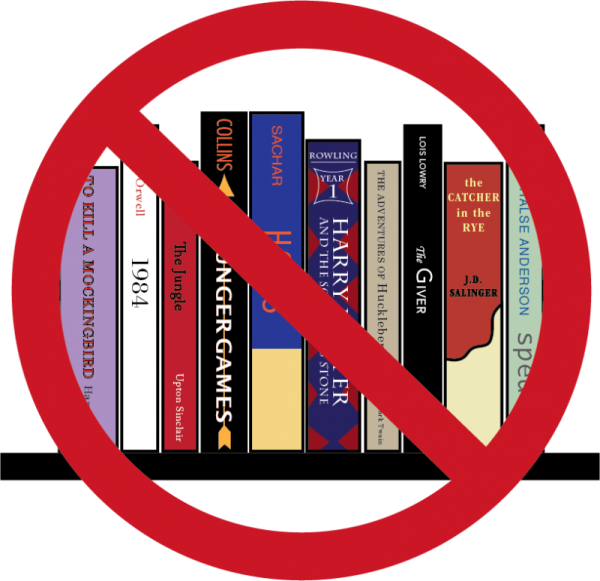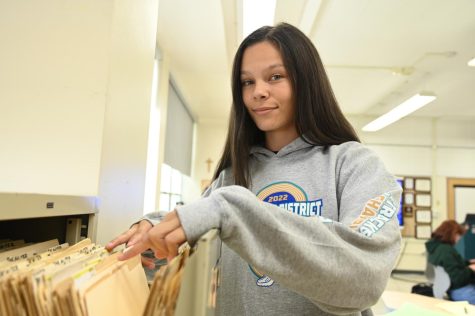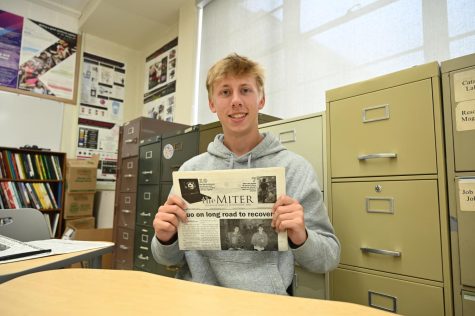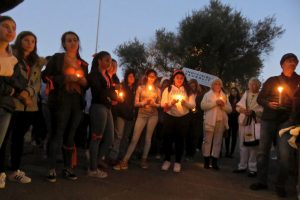SB 6233 is not the answer
February 1, 2016
SB 6233, a bill that was heard January 21st in Olympia, clarifies the rights of student journalists in public schools by attempting to prohibit public school officials from censoring articles in a school newspaper. The bill would also remove the liability of school districts and officials for the articles that students produce in school newspapers and journalism classes. The bill, while intended to ensure the right of public school students to freedom of speech, creates many complications.
The passage of SB 6233 would have an impact on neighboring public schools and colleges, but would not directly affect students attending private schools like Blanchet.
“Students have the right to exercise freedom of speech and of the press in school-sponsored media,” states SB 6233, “whether or not the media are supported financially by the school or by use of school facilities, or are produced in conjunction with a class….‘School-sponsored media’ means any matter that is prepared, substantially written, published, or broadcast by student journalists, that is distributed or generally made available, either free of charge or for a fee, to members of the student body, and that is prepared under the direction of a student media adviser….does not include media that is intended for distribution or transmission solely in the classrooms in which they are produced.”
The bill also includes provisions to protect many groups from liability for articles written by student journalists.
“Expression made by students in school-sponsored media is not the expression of school policy,” states SB 6233. “Neither a school official nor the governing board of the school or school district may be held responsible in any civil or criminal action for any expression made or published by students in school-sponsored media unless school officials or the governing board have interfered with or altered the content of the student expression.”
The defeat of this bill would mean that public school officials will continue to be able to prevent certain articles from being published in the school newspaper. With the ability to control these articles, school officials have ultimate control over the type of content available to students at the school, as well as the representation of their school to the public.
Since the government funds the student newspaper at public schools, and school officials oversee and facilitate most organized student activities, public school officials should have the ability to prevent articles that they deem harmful to their communities from being published in their school’s newspaper.
Supporters of the bill, including Vincent F. DeMeiro, the author of “The Case for Washington State’s Freedom of Expression Legislation”, assume that all student journalists would act responsibly. Most public school journalists currently avoid slander and libel, but the issue lies with those who might choose to write articles inappropriate for their school communities.
Even if SB 6233 is not passed, students will still be able to post articles freely on the internet and in private or independent publications. Current legislation only allows school officials to moderate content published in school newspapers. Such action does not violate freedom of speech and freedom of the press because there are other avenues of speech available to students.
No matter where students stand on this bill, the student body should think about the impact that such a law would have. The voices of the constituents are capable of swaying the decisions of legislators; thus, our student body must become informed on this issue, do research, and come to their own conclusion about the value of SB 6233.














